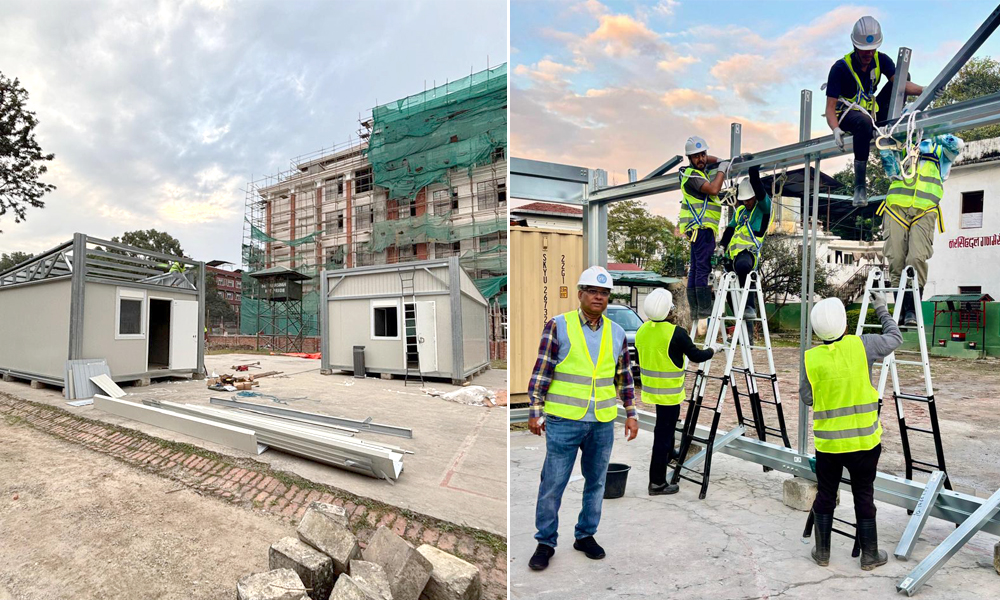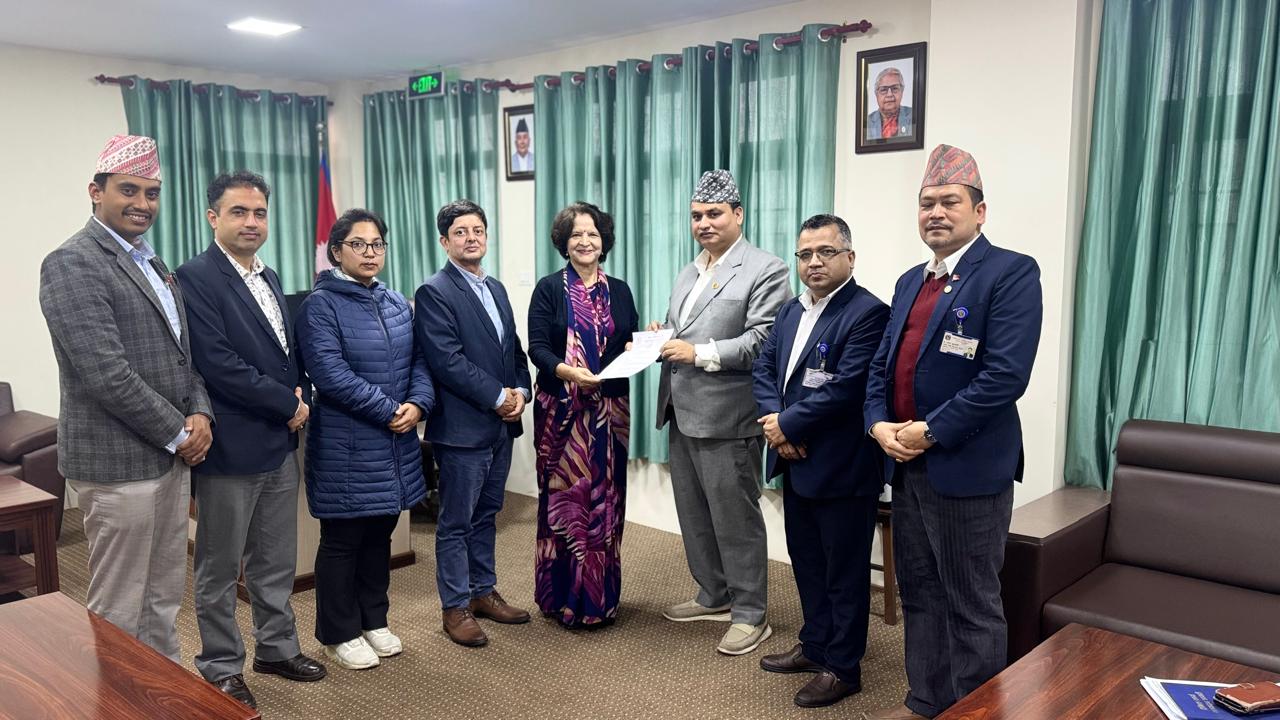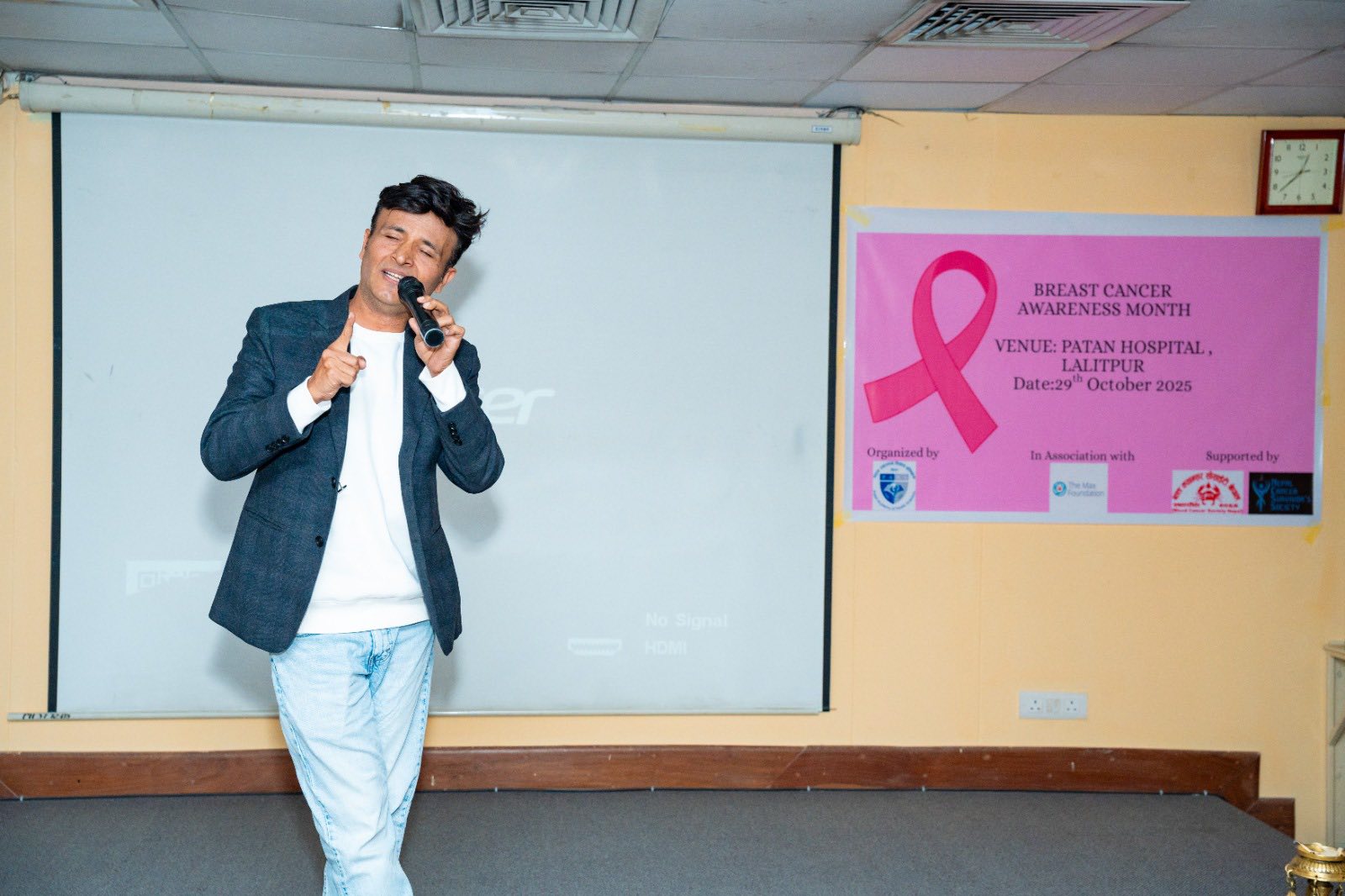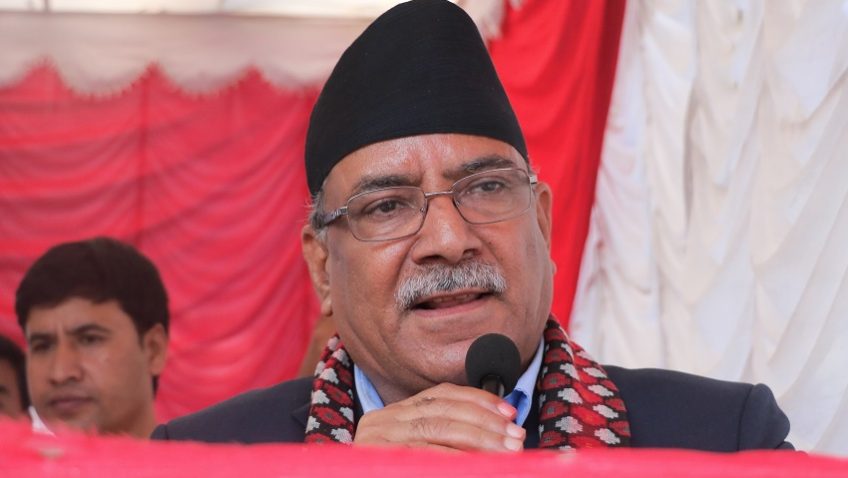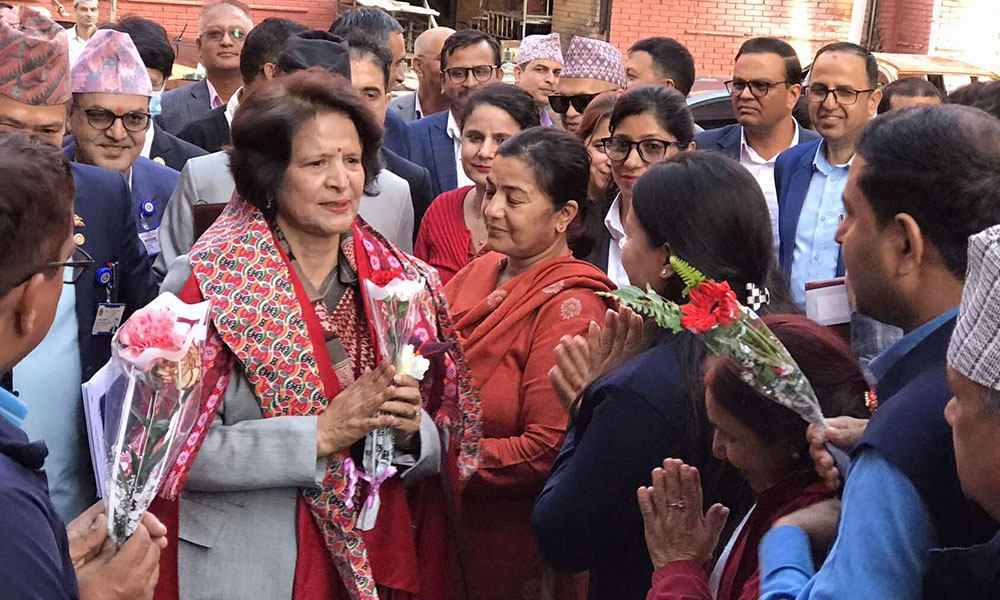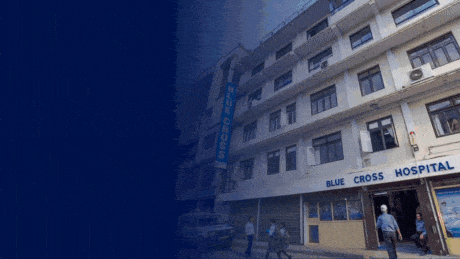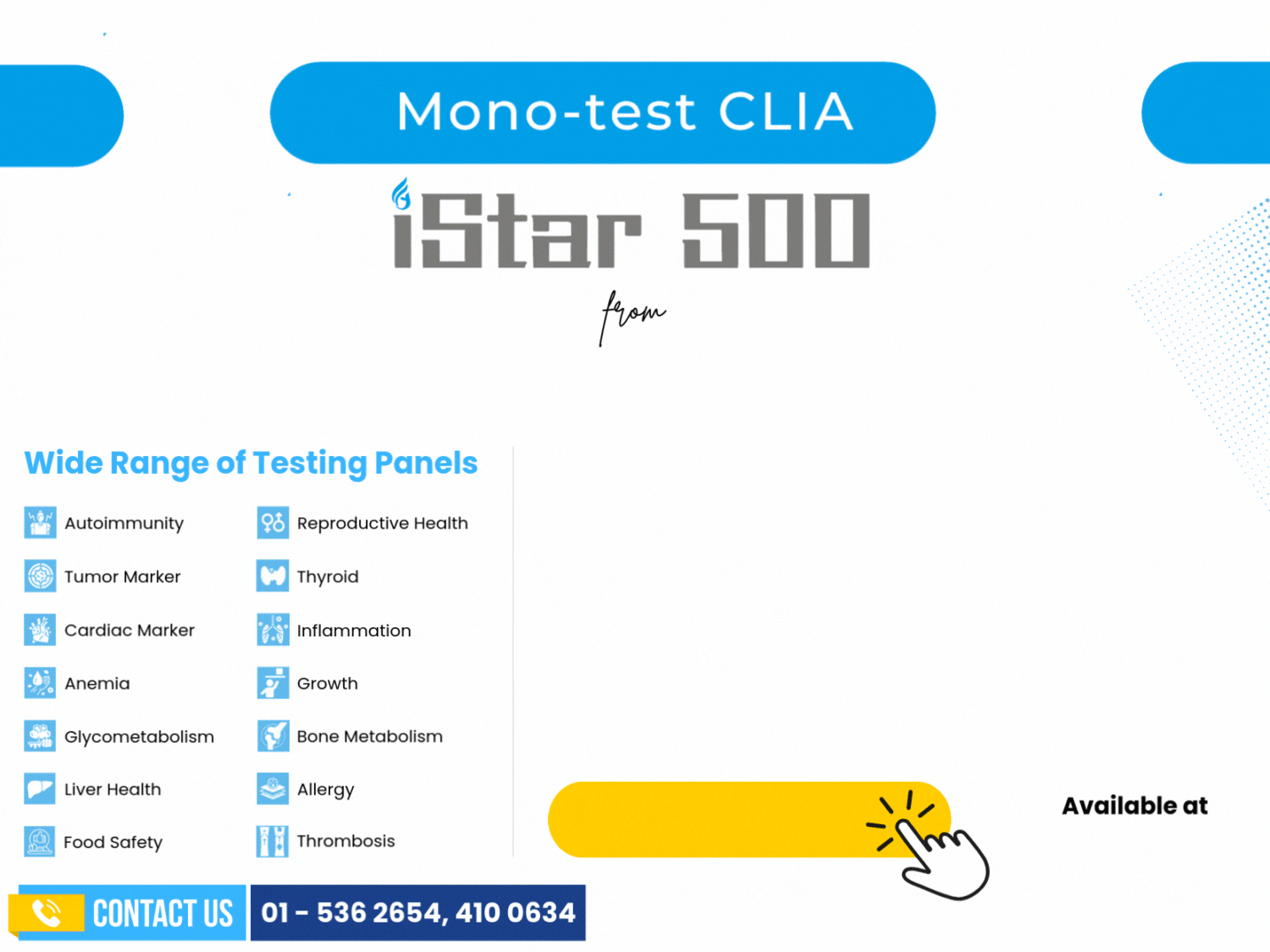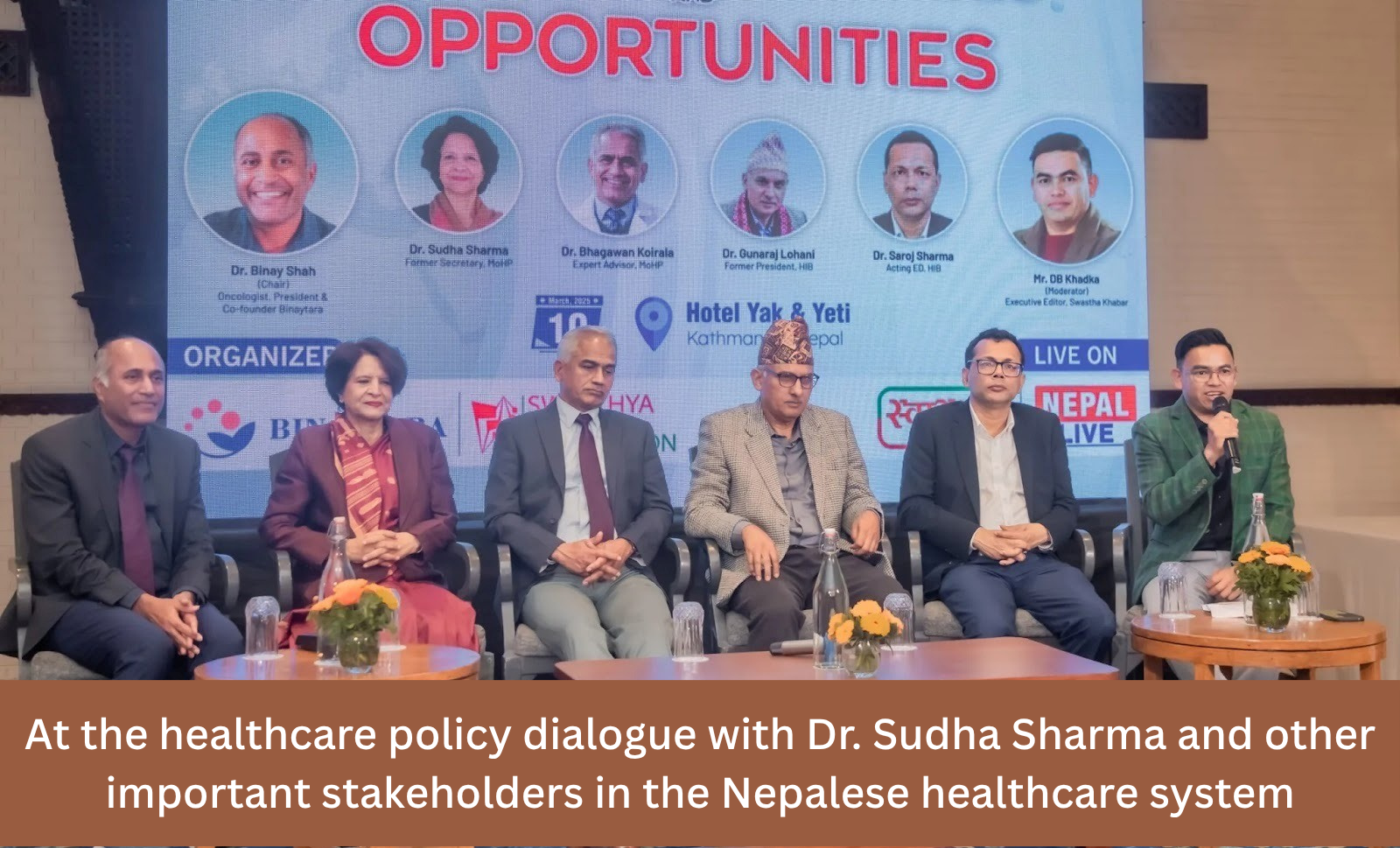
Dr. Sudha Sharma has been appointed as Nepal’s new Minister of Health and Population. For those of us working to advance healthcare equity in the country, this is a moment of optimism. Dr. Sudha Sharma, a respected obstetrician-gynecologist and former health secretary, brings to this role technical expertise as well as a rare combination of clinical empathy and policy pragmatism that Nepal’s healthcare system urgently needs.
Beyond her medical practice, she has served at the highest levels of health administration, navigating the complex intersection of policy, politics, and patient care. She understands the structural barriers that prevent Nepalis from accessing quality healthcare, and more importantly, she has concrete ideas about how to dismantle them.
Her first actions as minister clearly signal her priorities for the people of Nepal. Dr. Sharma has announced plans to provide psychological counseling to those injured in recent civil protests, recognizing mental health as an essential component of comprehensive care. She has also pledged transparency in her ministry’s operations, a commitment that could transform how health policy is developed and implemented in Nepal.
I had the privilege of witnessing Dr. Sharma’s vision for healthcare reform firsthand some months before her appointment. On March 10, 2025, Binaytara convened a multi-stakeholder advocacy dialogue on Nepal’s health insurance system, bringing together policymakers, government officials, healthcare providers, patient advocates, and civil society leaders. The event was held in collaboration with the Swasthya Khabar Foundation and was broadcast live on national television and the online platform Nepal Live, which has 1.7 million followers.
This advocacy dialogue occurred during Binaytara’s mission trip to Nepal, when we conducted free health camps focused on cancer screening and education and organized a fundraising trek to Annapurna base camp, a journey that supports our work of building a 200-bed cancer hospital in Nepal. The healthcare policy dialogue has become an essential component of these efforts, creating space for the honest, evidence-based conversations Nepal’s healthcare system desperately needs.
Dr. Sharma’s participation in this year’s dialogue was particularly impactful. Serving as a panelist alongside other distinguished experts, she offered a critical appraisal of Nepal’s health insurance system that was both unflinching and constructive. Her insights reflected years of experience working within the system and a deep frustration with missed opportunities for improvement. She pinpointed key implementation failures: policy disconnect, coverage misuse, insurance duplication, and weak regulatory oversight. Her solutions are born from watching well-intentioned policies crumble under poor execution, political meddling, and corruption.
Cancer has historically been neglected in Nepal’s health policy, with limited resources devoted to prevention, early detection, or treatment infrastructure. Most Nepalis diagnosed with cancer face astronomical out-of-pocket expenses or simply go untreated. Dr. Sharma understands these barriers. Her leadership creates strong potential for policies that support early detection programs, cancer workforce development, and palliative care expansion. This is also an opportunity for deeper collaboration between government and non-profit partners like Binaytara, which has been working to make cancer care more accessible through educational outreach programs, a low-cost health clinic, and our ongoing project to build the first comprehensive cancer hospital in Madhesh Province.
Our series of health camps, which provide free cancer screenings and education in underserved communities, has revealed the enormous unmet need for cancer services. Many participants have never had access to basic preventive care, let alone specialized cancer screening. The 200-bed cancer hospital we are working to build will help address this gap, but infrastructure alone is not enough. We need policy reforms that ensure early detection, affordable treatment, and support for cancer survivors.
The healthcare policy dialogue concluded with clear recommendations: increase insurance premiums to ensure sustainability, consolidate fragmented programs, leverage digital technology for transparency, strengthen regulatory enforcement, and expand enrollment through targeted outreach. Health Secretary Dr. Bikash Devkota affirmed the government’s commitment to these reforms.
Now, with Dr. Sharma at the helm of the Ministry of Health and Population, there is a reason to believe these recommendations might actually be implemented. This is not to suggest the path will be easy. Nepal’s health sector faces formidable challenges: limited funding, political instability, limited training of medical professionals, geographic barriers to access, and deeply entrenched interests resistant to reform.
From my perspective as a physician and as someone committed to cancer equity in Nepal, Dr. Sharma’s appointment represents an opportunity for the kind of evidence-based, patient-centered health policy that Nepal has long needed but rarely achieved. Congratulations to Dr. Sudha Sharma. Those of us working to advance healthcare access in Nepal stand ready to support her vision and collaborate in the challenging work ahead. The patients of Nepal deserve nothing less.
Dr. Binay Shah is the co-founder and president of Binaytara, a nonprofit global oncology organization dedicated to addressing cancer inequities worldwide.
Dr. Binay Shah
Published: November 2, 2025


